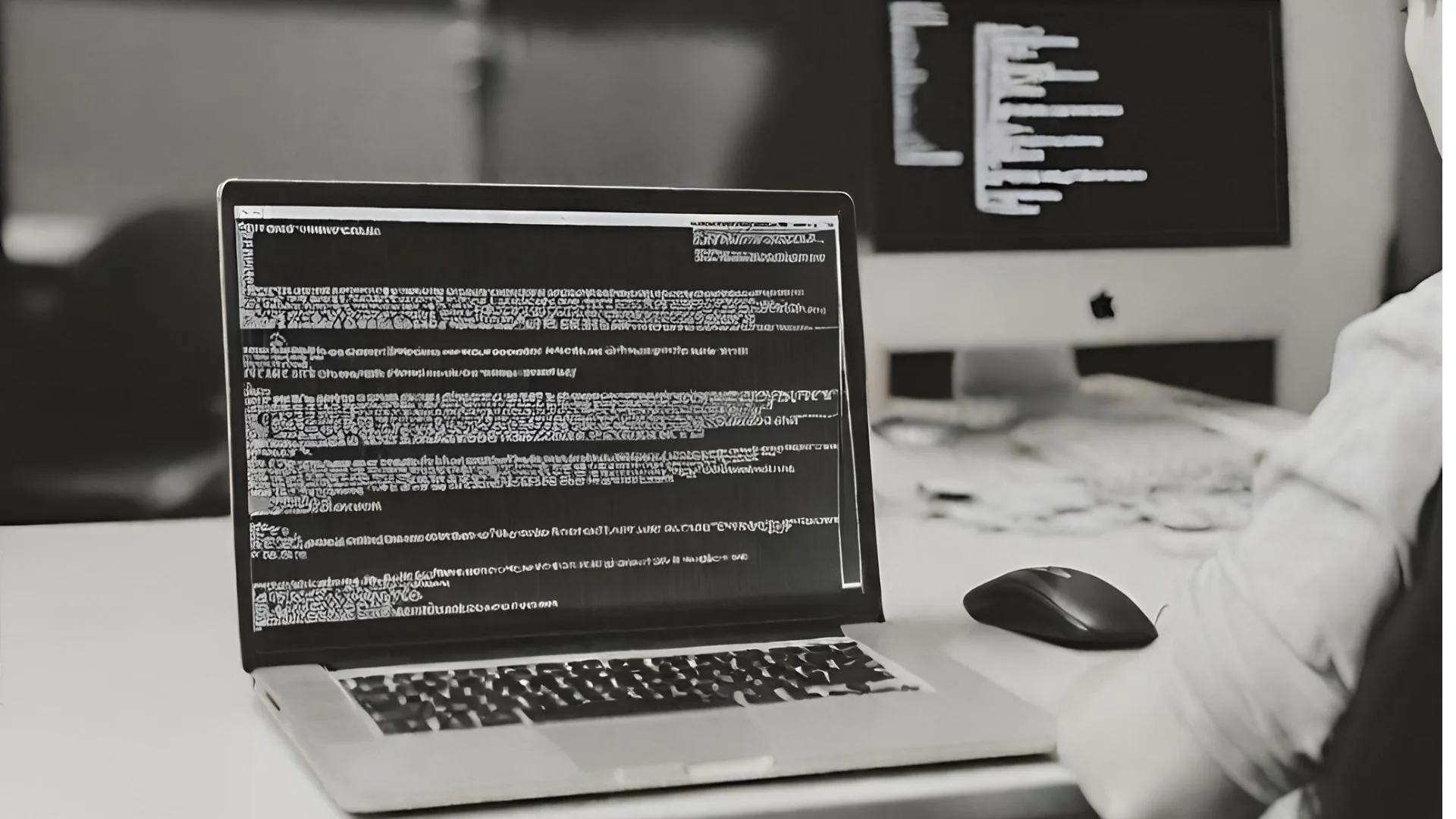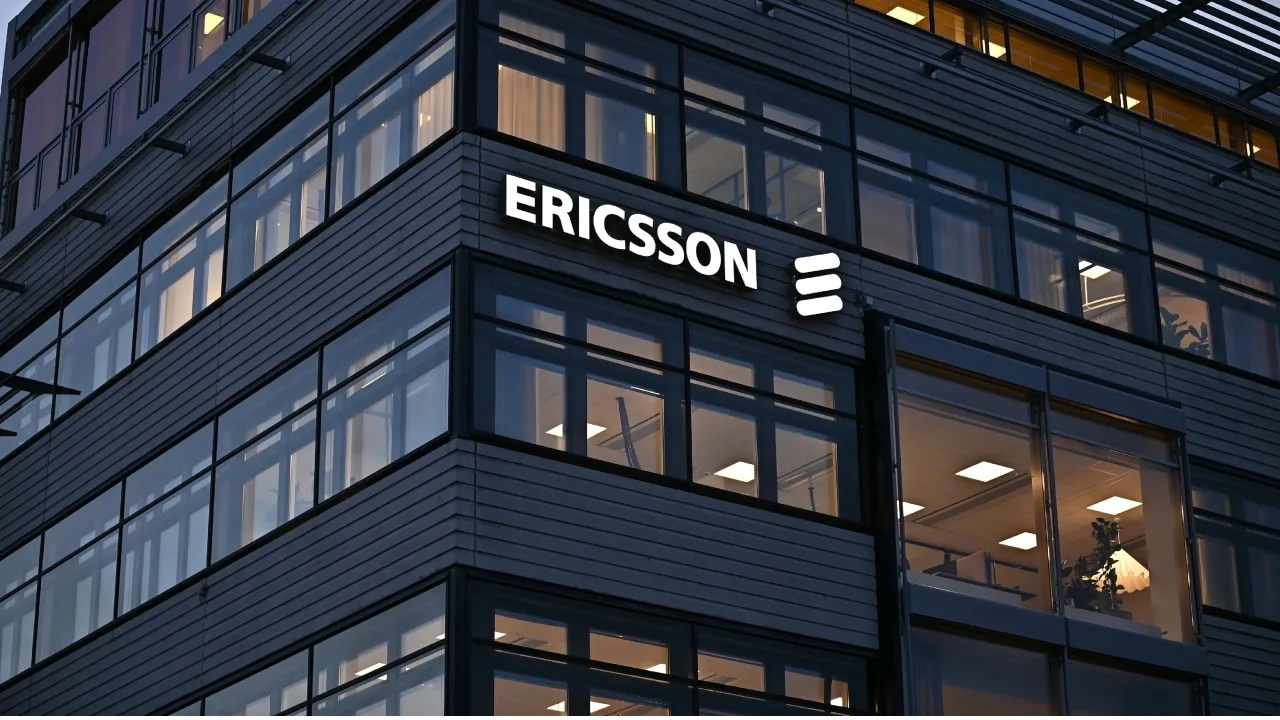On February 19, 2024, multiple vulnerabilities were discovered in SolarWinds Access Rights Manager (ARM) that allowed attackers to execute arbitrary code on affected systems. This analysis delves into the technical details of the SolarWinds RCE vulnerability, its impact, and mitigation strategies.
SolarWinds RCE Vulnerability Details:
- CVE-2023-40057 & CVE-2024-23478: These vulnerabilities involve the deserialization of untrusted data, allowing authenticated attackers to execute remote code. An attacker could exploit these by sending a specially crafted message to a vulnerable SolarWinds service.
- CVE-2024-23476, CVE-2024-23477, & CVE-2024-23479: These vulnerabilities involve directory traversal flaws, enabling unauthenticated attackers to execute remote code. Attackers could exploit these by sending a malicious request containing specially crafted URLs that access unauthorized directories on the server.
RCE Vulnerability Technical Overview:
- Affected Software: SolarWinds Access Rights Manager (ARM) versions 2023.2.2 and prior
- Vulnerability Type: Remote Code Execution (RCE)
- CVE Identifiers: CVE-2023-40057 (Authenticated), CVE-2024-23476, CVE-2024-23477, CVE-2024-23478, CVE-2024-23479 (Unauthenticated)
- Severity: Critical (CVSS scores ranging from 7.9 to 9.6)
- Disclosure Date: February 15, 2024
- Patch Availability: Version 2023.2.3 addresses all vulnerabilities
Technical Details:
The SolarWinds ARM flaw encompasses five distinct vulnerabilities categorized into two main types:
1. Directory Traversal RCE (Unauthenticated):
- CVE-IDs: CVE-2024-23476, CVE-2024-23477, CVE-2024-23479
- Description: Attackers can manipulate file paths used by ARM in a way that allows them to access and execute arbitrary code on the server, even without authentication. This could involve crafting specially formatted URLs, uploading malicious files, or exploiting other weaknesses in the server configuration.
- Technical Breakdown: The vulnerabilities arise from insufficient input validation and insecure handling of user-provided data within specific API endpoints or file upload functionalities. Attackers can leverage directory traversal techniques to navigate outside intended directories, potentially accessing and executing arbitrary code located on the server.
2. Deserialization of Untrusted Data RCE (Authenticated):
- CVE-IDs: CVE-2023-40057, CVE-2024-23478
- Description: Authenticated attackers with valid credentials can inject malicious code into serialized objects processed by ARM, leading to remote code execution on the server. This requires a valid login but no special privileges beyond standard user access.
- Technical Breakdown: The vulnerabilities stem from insecure deserialization of user-controlled data, potentially allowing attackers to embed malicious code within serialized objects. When ARM deserializes this data, the embedded code gets executed, providing attackers with a foothold on the server.
SolarWinds RCE vulnerability impact and risk:
- Exploitation: No evidence of active exploitation in the wild has been reported yet. However, given the critical severity and ease of exploitation, especially for the directory traversal vulnerabilities, it’s essential to patch systems immediately.
- Potential Consequences: Attackers who successfully exploit these vulnerabilities could gain complete control over affected ARM servers, potentially leading to:
- Data theft: Accessing and exfiltrating sensitive information stored on the server or systems it manages.
- Lateral movement: Gaining access to other systems within the network, further expanding the attacker’s reach.
- Ransomware deployment: Encrypting files or disrupting critical operations to extort money.
- Disruption of operations: Severely compromising system availability and functionality.
Vulnerability Mitigation Steps:
- Upgrade immediately: The most effective mitigation is to upgrade to SolarWinds ARM version 2023.2.3, which addresses all vulnerabilities. If immediate upgrade is not feasible, apply temporary workarounds or security controls outlined by SolarWinds as a stopgap measure.
- Restrict access: Limit access to ARM to only authorized users who need it for legitimate purposes. Implement multi-factor authentication (MFA) for added security.
- Review security practices: Conduct a thorough security review of your IT infrastructure to identify and address any other potential vulnerabilities.
- Monitor and log activity: Implement robust monitoring and logging practices to detect and respond to suspicious activity promptly.
Additional Considerations:
- No evidence of exploitation in the wild has been reported as of February 21, 2024. However, it is crucial to patch these vulnerabilities immediately due to their severity.
- Organizations should conduct a security assessment to determine if their systems are vulnerable and take appropriate mitigation steps.
- Consider implementing additional security measures such as intrusion detection and prevention systems (IDS/IPS) to further protect against potential attacks.
SolarWinds Links:
- SolarWinds ARM Security Advisories: https://www.solarwinds.com/trust-center/security-advisories
- SolarWinds Trust Center: https://www.solarwinds.com/trust-center
- SolarWinds Knowledge Base: https://support.solarwinds.com/
- SolarWinds Security Blog: https://thwack.solarwinds.com/resources/b/product-blog
Disclaimer: This analysis is for informational purposes only and is based on sources publicly available. This should not be considered a substitute for professional security advice. It is recommended that organizations consult with qualified security professionals to assess their specific risks and implement appropriate mitigation strategies.




